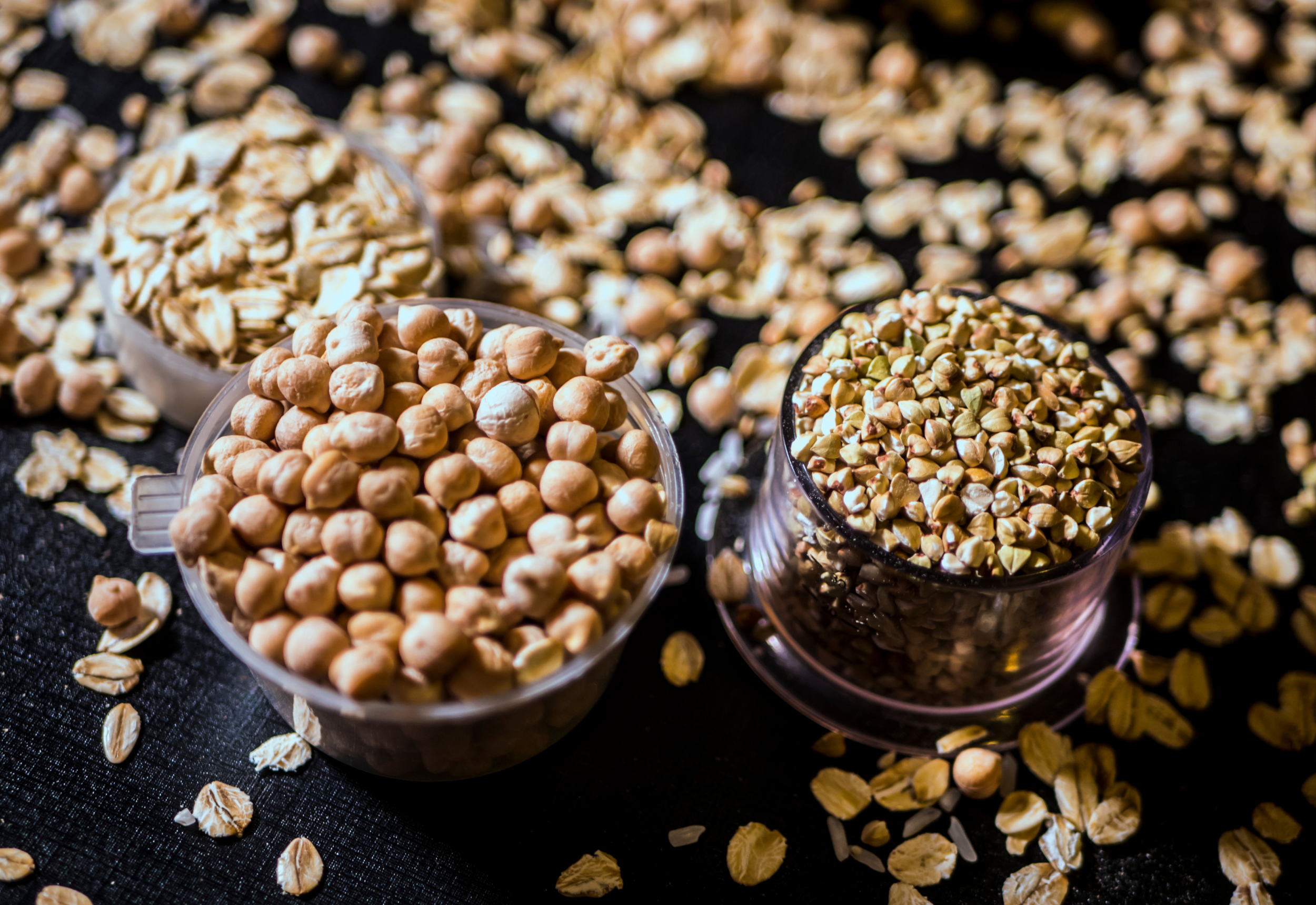Fiber, the Quiet Hero
Fiber: Your Gut’s Best Friend (and a Cancer Fighter)
Fiber often gets overshadowed by protein, carbs, and fats, but it’s a quiet hero in your daily diet. Found in fruits, vegetables, legumes, whole grains, nuts, and seeds, fiber is essential for healthy digestion, balanced blood sugar, and long-term heart health.
There are two main types of fiber:
Soluble fiber dissolves in water, forming a gel-like substance that helps lower cholesterol and keeps you fuller for longer.
Insoluble fiber adds bulk to your stool, keeping your digestive system moving smoothly.
Beyond gut health, research shows that a high-fiber diet can help lower the risk of certain cancers—especially colorectal cancer—by supporting healthy bowel function, reducing inflammation, and feeding beneficial gut bacteria that produce protective compounds.
The recommended daily fiber intake is 25–38 grams, but the average American consumes only about 15 grams per day—less than half of what’s needed for optimal health. Constipation is the most obvious sign of low fiber intake, but other symptoms include:
Frequent hunger shortly after meals (low-fiber foods digest faster).
High cholesterol, since soluble fiber reduces cholesterol absorption.
Fatigue or energy dips, as fiber slows glucose absorption and prevents blood sugar spikes.
The good news? You don’t have to overhaul your diet overnight—just start adding a little more plant-based variety each day. Your gut microbes will thank you, your digestion will improve, and you’ll be giving your body extra tools to protect against disease.
Practical Tips for a Fiber-Rich Day:
Add vegetables—especially spinach—to breakfast with eggs, or stir chia/basil seeds into Greek yogurt.
Choose snacks with whole, fresh fruit and raw veggies like cucumbers, carrots, broccoli, or cauliflower.
Aim for ½ cup beans or lentils daily, just like the centenarians in the Blue Zones (featured in the Netflix documentary).
Include fermented foods with probiotics, such as ½ cup kefir at breakfast or sauerkraut/kimchi every other day.
Make meals with 2–3 servings of vegetables, whole grains instead of refined, and nuts for healthy fats plus extra fiber.
Use beans in salads, casseroles, or mashed into burgers for an easy fiber boost.
Drink plenty of water—up to 1 gallon daily. Start with 32 oz in the morning, another 32 oz before noon, and space out the rest through the afternoon and evening.
Eating a diet high in fiber will help you feel better, improve digestion, and lower your risk of disease. Like any healthy habit, it comes down to making it a daily priority.

